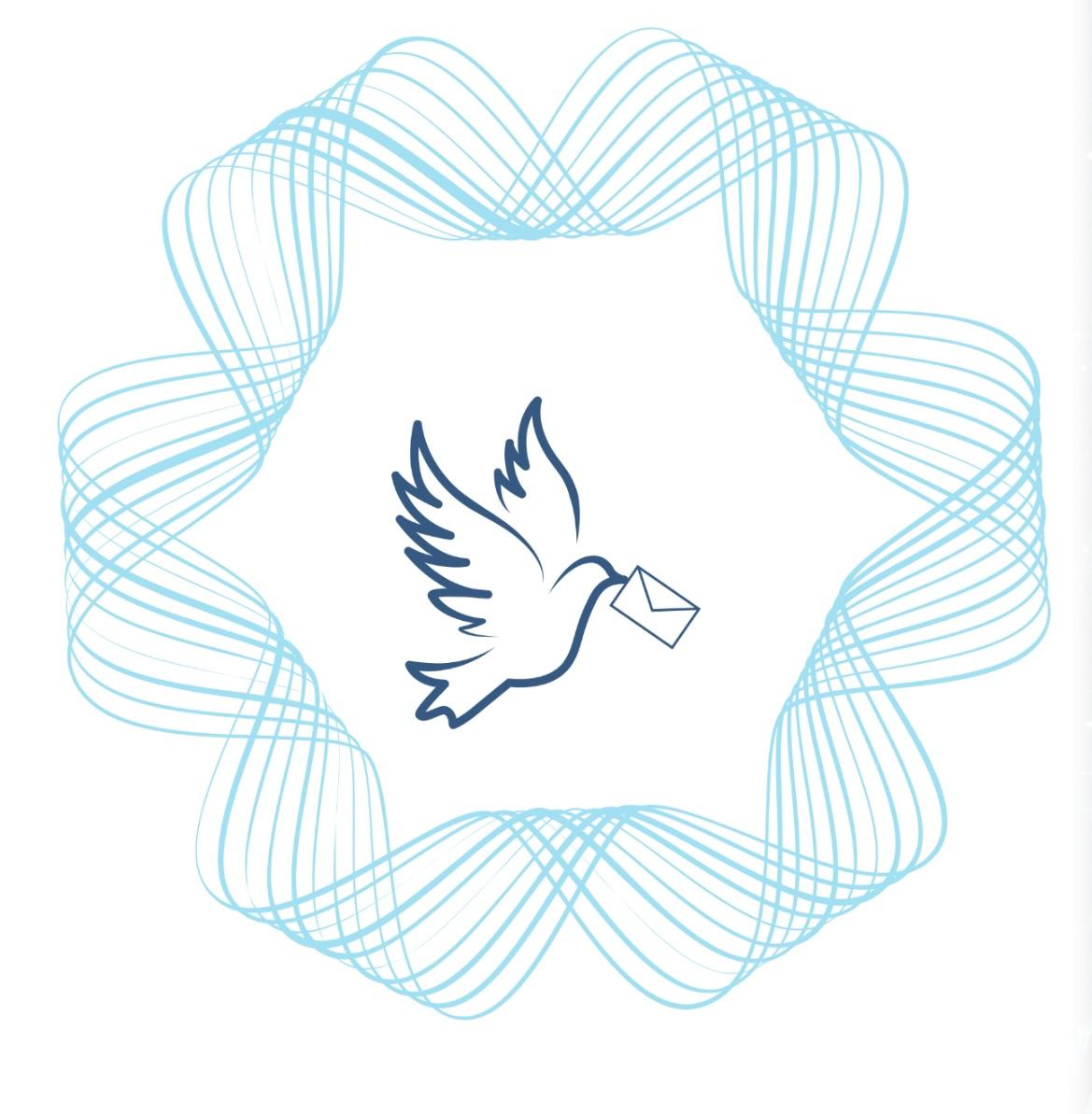Acute pain is a common experience that can be both physically and emotionally distressing. It is often a result of an injury, surgery, or a medical condition, and typically lasts for a short duration, usually less than three to six months. For those seeking relief, resources like the NYC Psychiatrist Addiction Clinic provide valuable support for managing pain, especially when it intersects with addiction issues. Understanding the nature of acute pain, its causes, treatment options, and coping strategies is essential for effective management.
What is Acute Pain?
Acute pain serves as a warning signal from the body, indicating that something may be wrong. It usually arises suddenly and is often associated with a specific injury or illness. Unlike chronic pain, which persists over time, acute pain is typically temporary, resolving as the underlying cause is treated. This type of pain can vary in intensity, ranging from mild discomfort to severe agony.
Common Causes of Acute Pain
Acute pain can result from numerous factors, including:
- Injuries: Sprains, fractures, and cuts can lead to immediate pain as the body reacts to physical damage.
- Surgery: Post-operative pain is common and usually subsides as the body heals.
- Medical Conditions: Conditions such as appendicitis, gallstones, or infections can cause sudden and severe pain.
- Nerve Pain: Conditions like sciatica can trigger acute pain as nerves become compressed or irritated.
Understanding the cause of acute pain is crucial for determining the right treatment approach.
Symptoms of Acute Pain
The symptoms of acute pain can vary widely depending on the individual and the underlying cause. Common symptoms include:
- Sharp, stabbing, or throbbing sensations
- Localized pain in a specific area
- Swelling or bruising in the affected area
- Limited mobility or function
- Emotional responses such as anxiety or distress
Recognizing these symptoms can help in seeking timely medical attention.
Treatment Options for Acute Pain
Treatment for acute pain often focuses on addressing the underlying cause. Here are some common approaches:
1. Medications
Pain relief medications are frequently prescribed to manage acute pain. Nonsteroidal anti-inflammatory drugs (NSAIDs) like ibuprofen or acetaminophen are often effective for mild to moderate pain. For more severe pain, opioids or other prescription medications may be necessary. It's essential to use these medications responsibly, as misuse can lead to addiction. For individuals at risk, clinics like the NYC Psychiatrist Addiction Clinic can provide support and guidance.
2. Physical Therapy
Physical therapy can be an effective treatment for acute pain, especially following an injury or surgery. A physical therapist can design a personalized exercise program to improve strength, flexibility, and mobility, helping to alleviate pain while promoting recovery.
3. Alternative Therapies
Many individuals find relief from acute pain through alternative therapies. Techniques such as acupuncture, chiropractic care, and massage therapy can be beneficial in managing pain and promoting relaxation.
4. Rest and Ice
For many acute injuries, the RICE method—Rest, Ice, Compression, and Elevation—can significantly reduce pain and swelling. Giving the affected area time to heal, along with applying ice packs, can provide immediate relief.
Coping Strategies for Acute Pain
Alongside medical treatments, coping strategies can play a vital role in managing acute pain. Here are some effective approaches:
1. Mindfulness and Relaxation Techniques
Practices such as deep breathing, meditation, and yoga can help individuals manage their pain by reducing stress and promoting relaxation. Mindfulness strategies can also assist in focusing the mind away from pain sensations.
2. Support Networks
Having a strong support network is crucial for coping with acute pain. Friends, family, and support groups can provide emotional support and encouragement during recovery.
3. Education and Self-advocacy
Understanding one’s condition and treatment options empowers individuals to take an active role in their recovery. Educating oneself about pain management techniques and advocating for appropriate treatment can lead to better outcomes.
When to Seek Medical Attention
While acute pain often resolves on its own, there are instances when it’s crucial to seek medical attention. If pain is severe, persistent, or accompanied by other concerning symptoms (such as fever, difficulty breathing, or loss of consciousness), it is essential to seek immediate medical care.
Conclusion
Acute pain can be a challenging and distressing experience, but understanding its nature and the available treatment options can significantly ease the burden. From medication and physical therapy to alternative therapies and coping strategies, individuals have various resources at their disposal. For those struggling with pain management and potential addiction issues, clinics like the NYC Psychiatrist Addiction Clinic offer specialized support to navigate these complexities. By addressing acute pain effectively, individuals can regain control over their lives and move towards healing and recovery.
In the quest for pain relief, some may consider where to buy Tramadol online; however, it is crucial to approach this option with caution due to the risks of addiction and the importance of consulting healthcare professionals. Always prioritize safety and informed decision-making when it comes to managing pain.

